MILWAUKEE — Overdoses have reached a record high, not just in Wisconsin but all across America.
With 1,227 opioid-related deaths in 2020, Gov. Tony Evers called fentanyl a “scourge on our state” and would like to see more investment in mental health.
In mid-March, the governor signed several bills into law, which include stiffer penalties for making, distributing, or delivering fentanyl, as well as a new system to track and collect data on opioid and meth use.
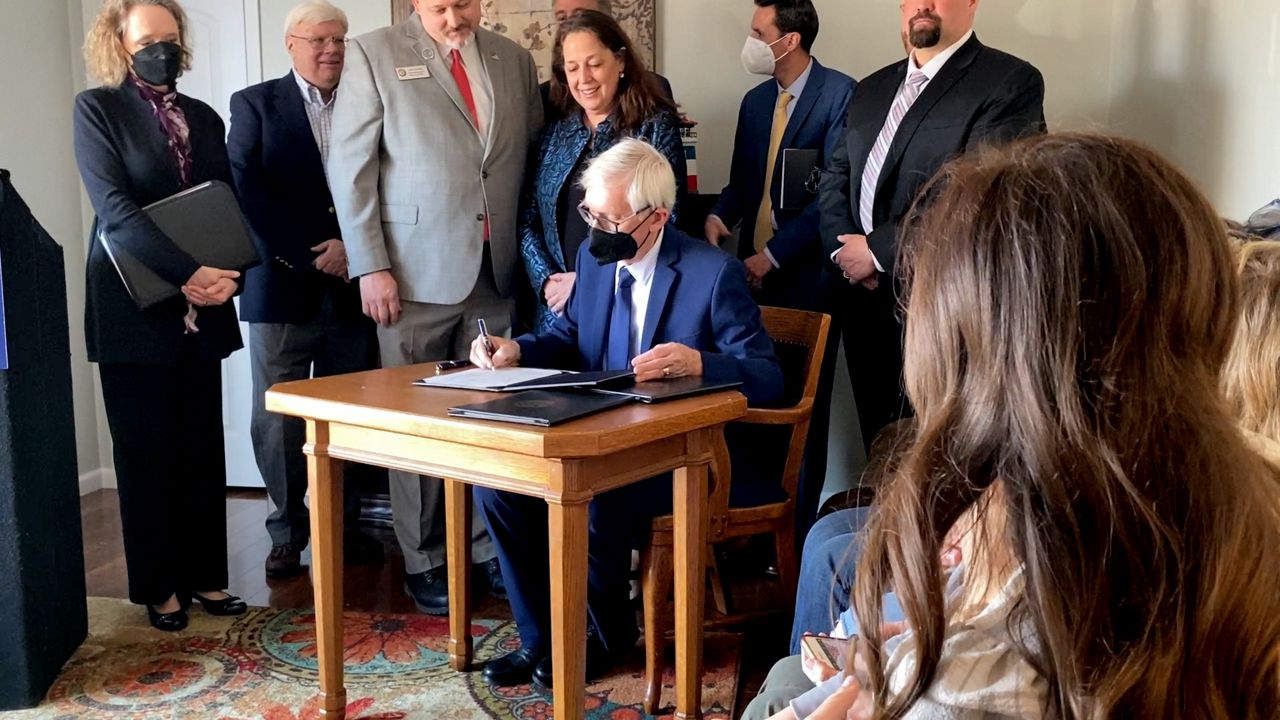
However, Evers said of the three bills he signed, the one legalizing fentanyl testing strips could do the most.
Those pieces of paper could help keep someone alive long enough to get treatment and recovery.
Though fentanyl testing strips are pretty cheap, using one could have cost you a felony, at least before they were decriminalized.
Clinics and health departments across the Badger State patiently waited for that state law to change.
State Rep. Jesse James, R-Altoona, doesn't just make laws, he enforces them as a part-time police officer too.
“If it saves one life, that's a win,” James said. “That's a victory for us in the state Legislature. That's a victory for our communities. That's a victory for our families because they're not losing a loved one to an overdose death.”
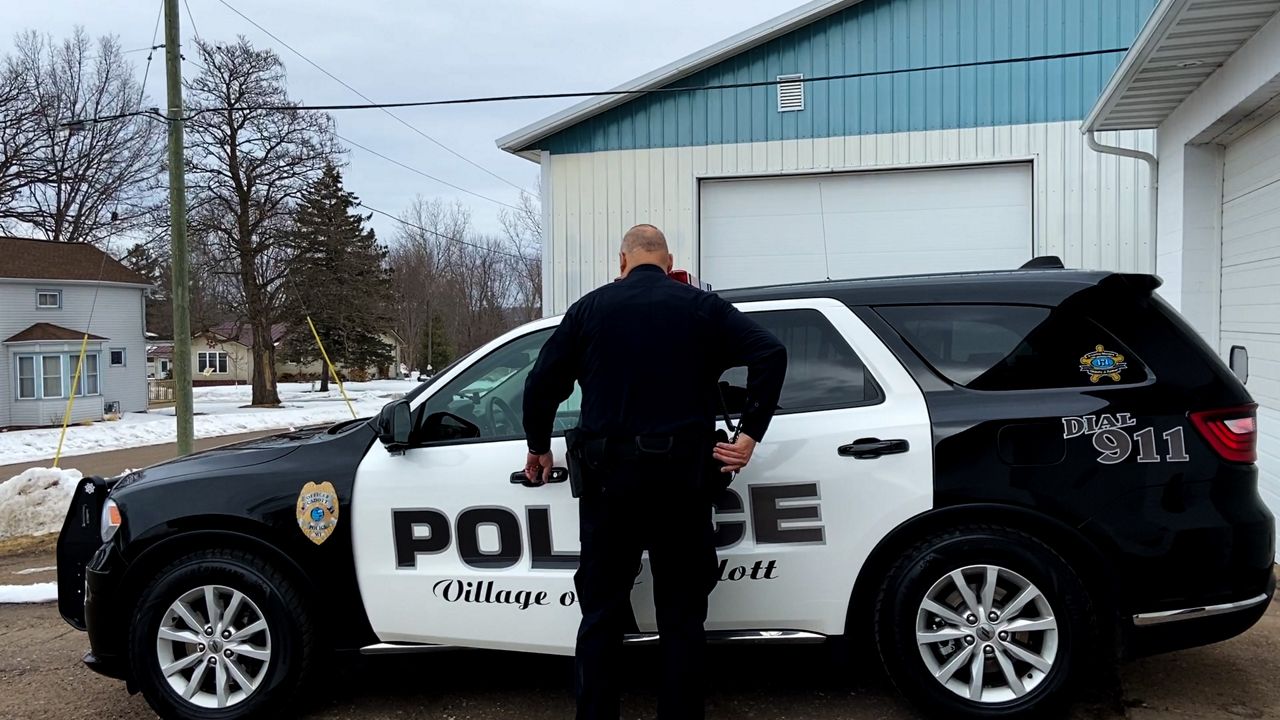
James authored a bipartisan bill to legalize fentanyl testing strips, which is a tool he feels will not only save lives but taxpayer dollars as well.
“By avoiding an overdose call because the user would test the substance, see if there's fentanyl inside of it, and either choose not to use it or use a less amount of it,” James explained.
Vivent Health, which has 10 locations across Wisconsin, began distributing fentanyl testing strips to its clients in 2019.
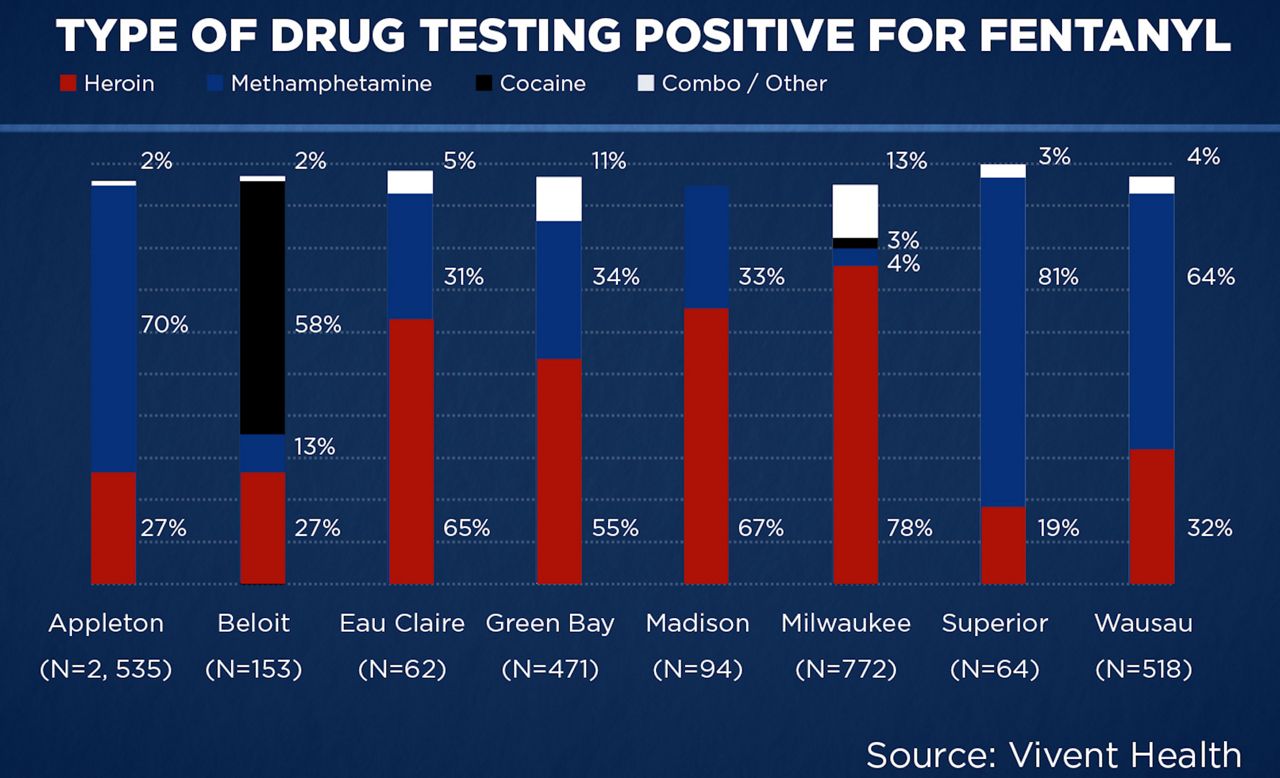
No longer considered drug paraphernalia, Director of Prevention Services Kristen Grimes hopes more people will be comfortable using them.
“The people that we serve do not want to die,” Grimes said. “They want to live, and so they want to know what's in their drug supply. They want to utilize those safer behaviors to reduce their risks of overdose.”
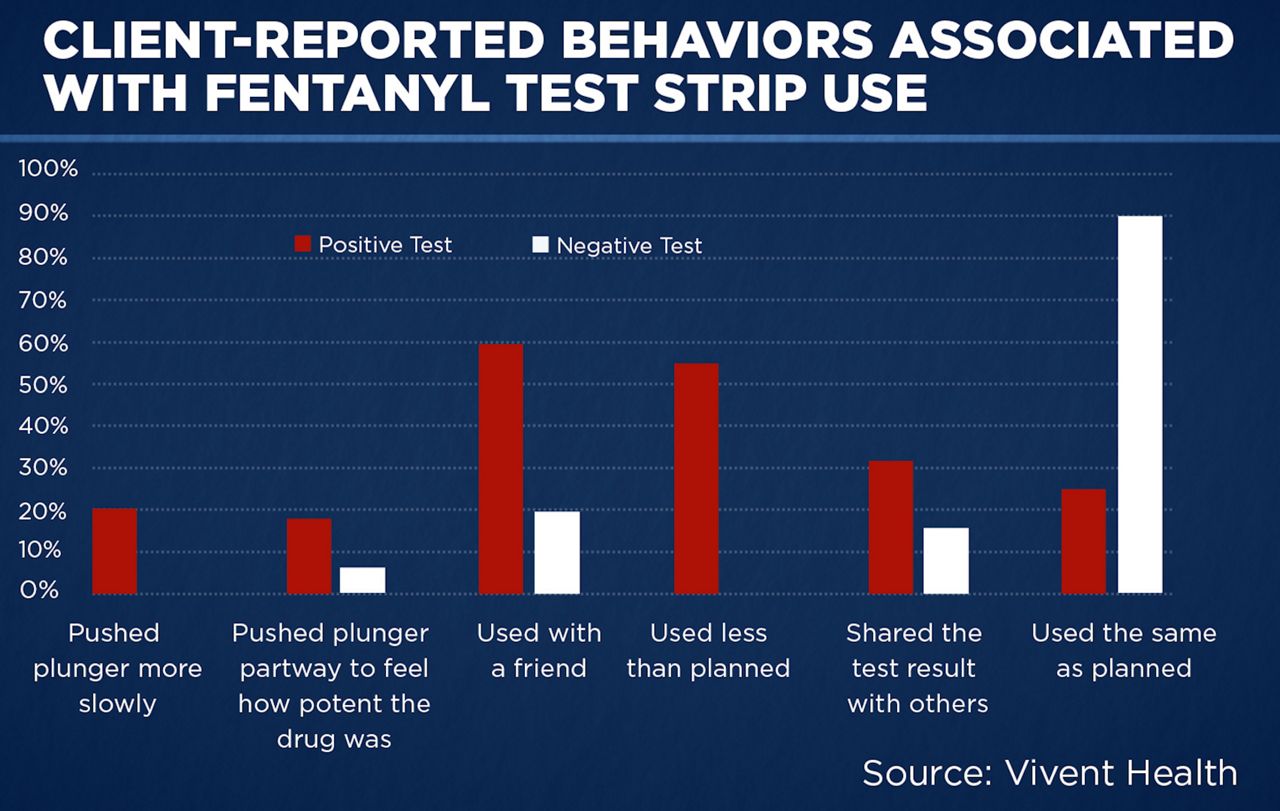
The small strips of paper cost about a dollar and can detect if fentanyl is in a drug, whether it's a pill, powder, or something injectable.
Last year, Vivent Health distributed more than 45,000 test strips across Wisconsin. The purpose was not to support those who choose to use, but to reduce the risk of an overdose.
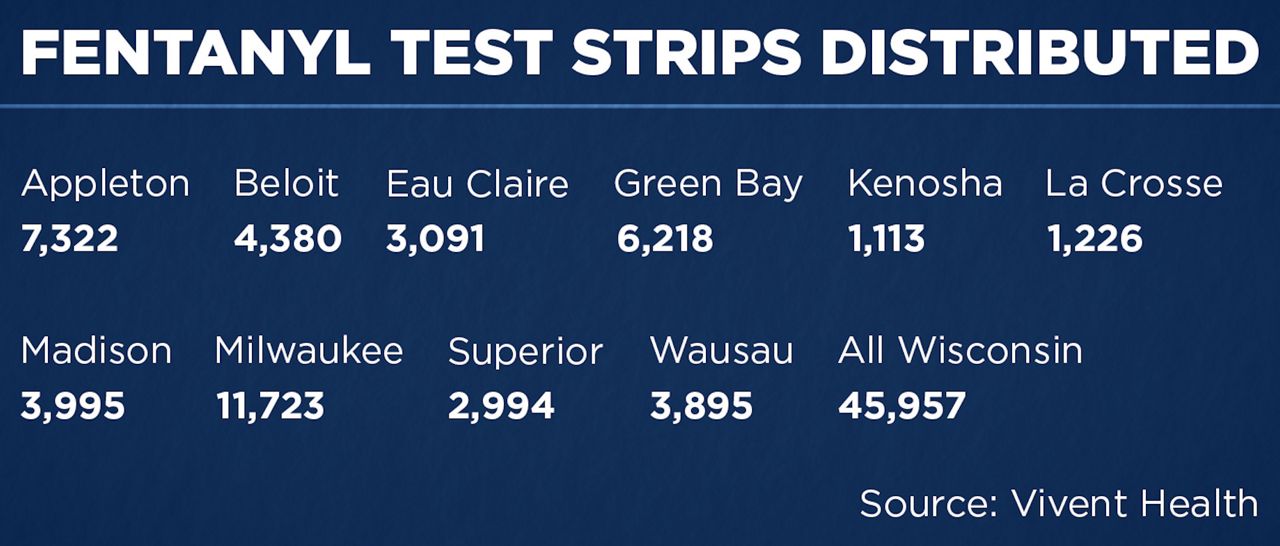
“A friend, a family member, a co-worker, we may not know it, but we are generally aware of someone in our circles that use drugs,” Grimes said. “And, they're going to use drugs regardless of whether or not these strips are legal or illegal. They're going to use drugs, and this is a tool that we can provide them to help them use as safely as possible and keep them alive until they are ready to recover.”
That's something James understands firsthand.
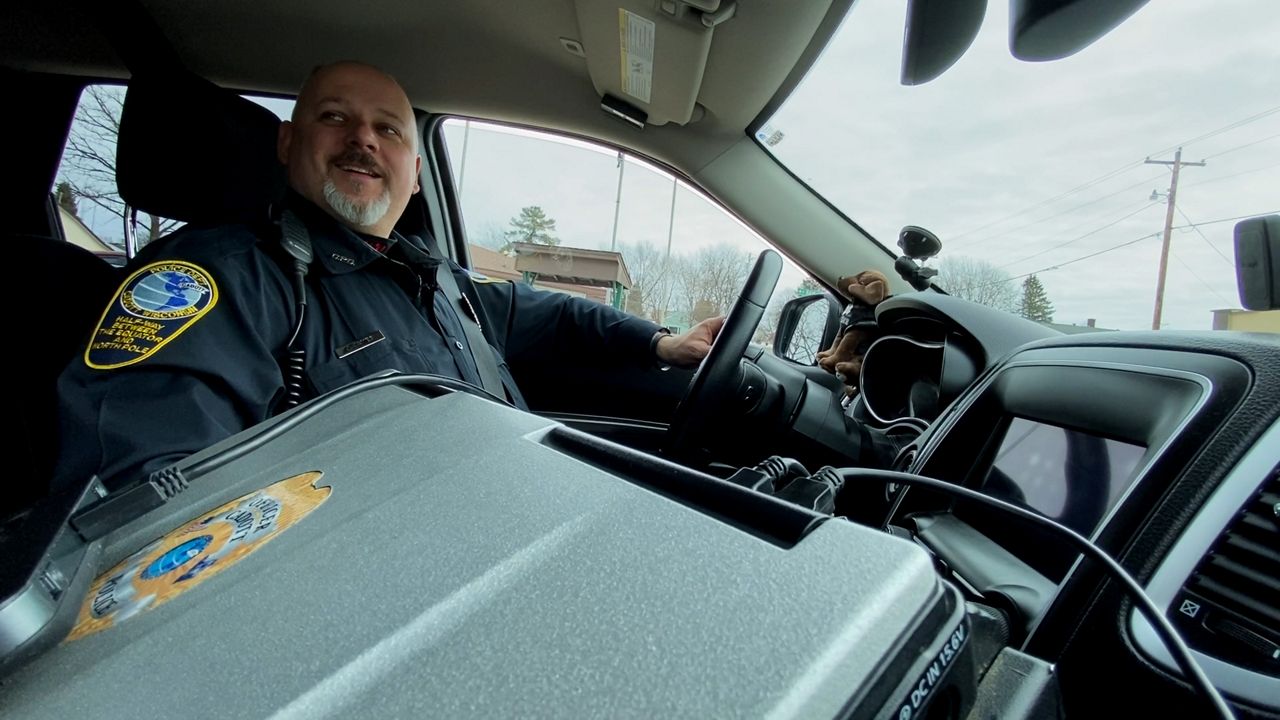
“I myself am 24 years sober, and it's a choice that I made,” James said. “Yeah, it's a battle when you're addicted to things, it's a battle on how you address it, how you go through it.”
It is a battle he also hopes to make easier to win for those struggling for a second chance.
“Any way we can improve the environment of our communities in Wisconsin, and I don't care if it's urban or rural, it's a victory for all of us,” James said.
As soon as fentanyl test strips became legal in Wisconsin in mid-March, Milwaukee County Behavioral Health Services immediately began distributing 1,600 strips in the community to prevent opioid-related deaths.
If you want to buy your own, many online retailers carry the strips.










